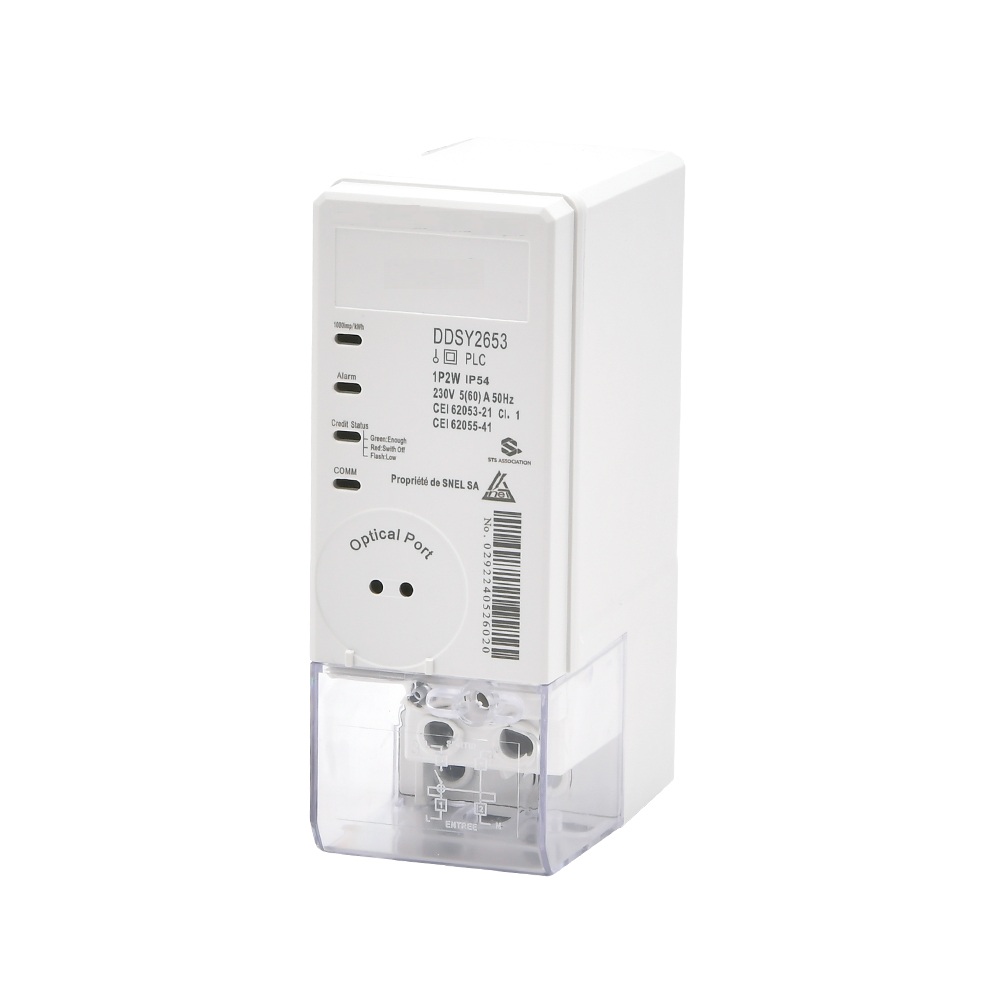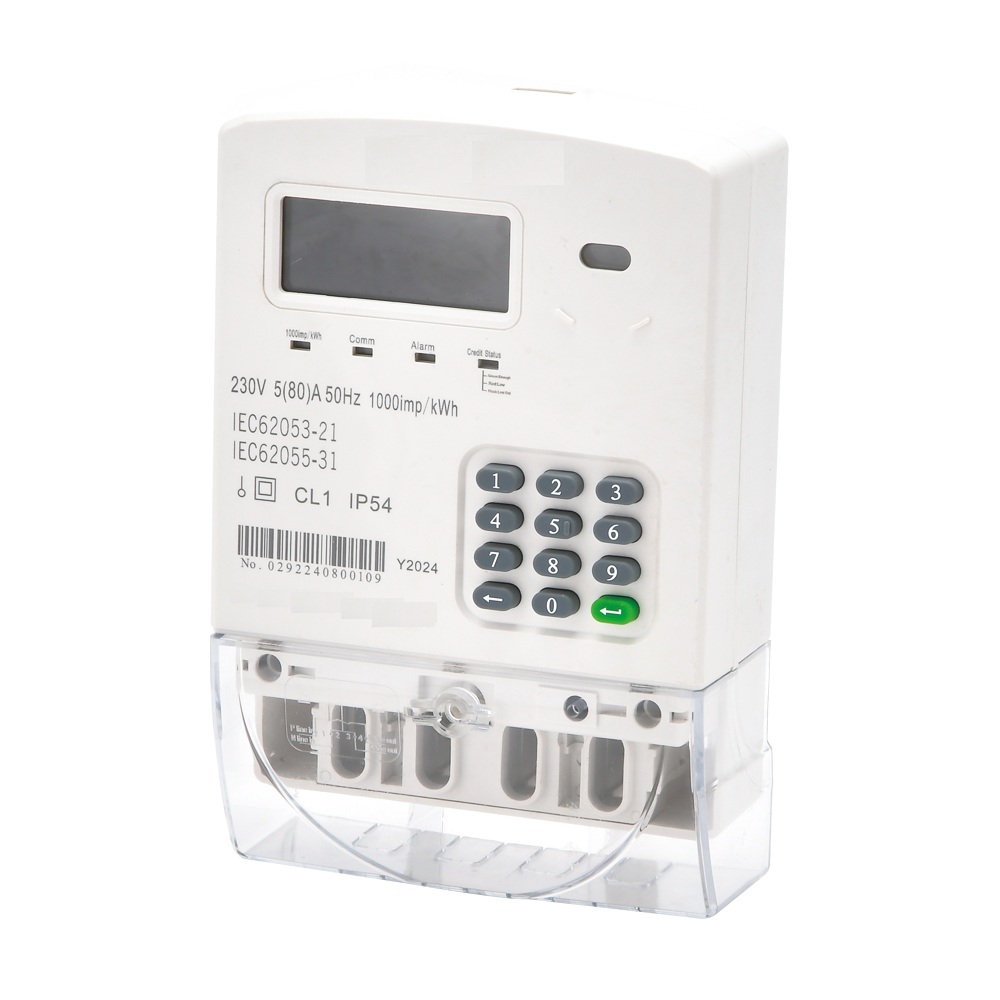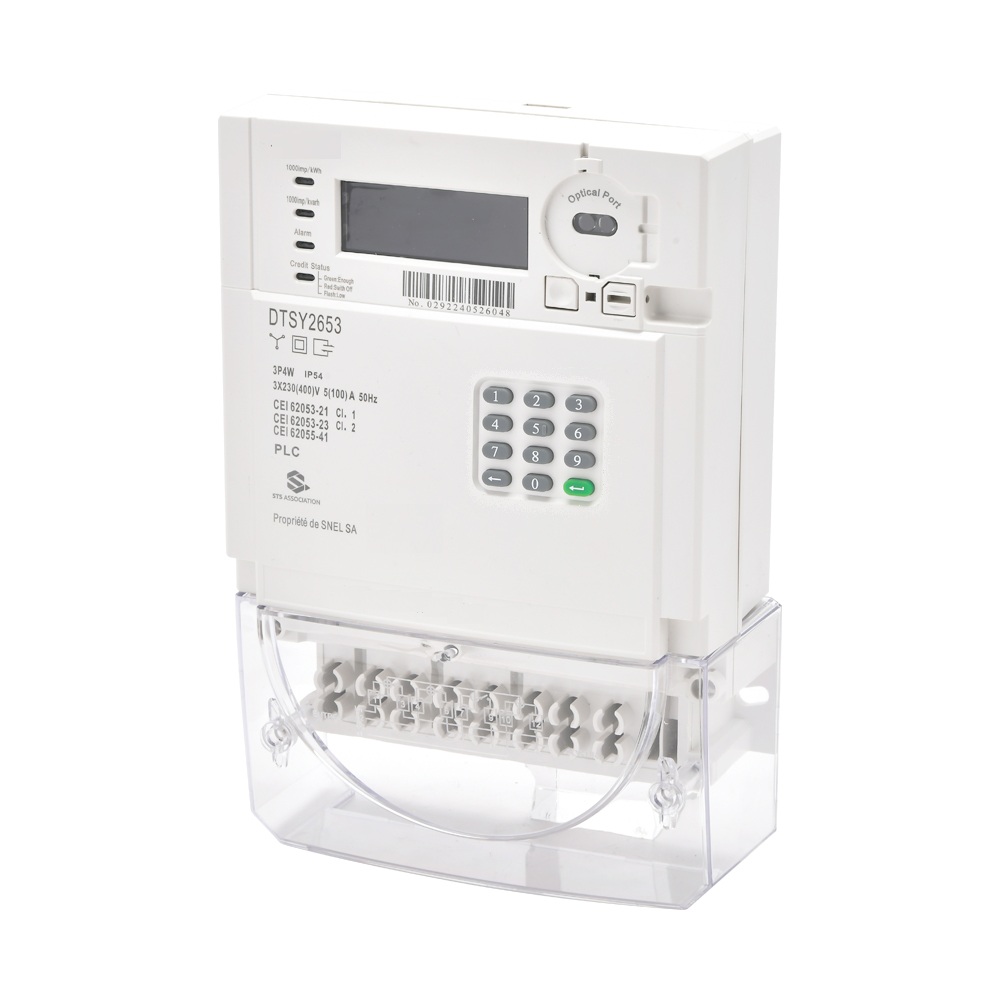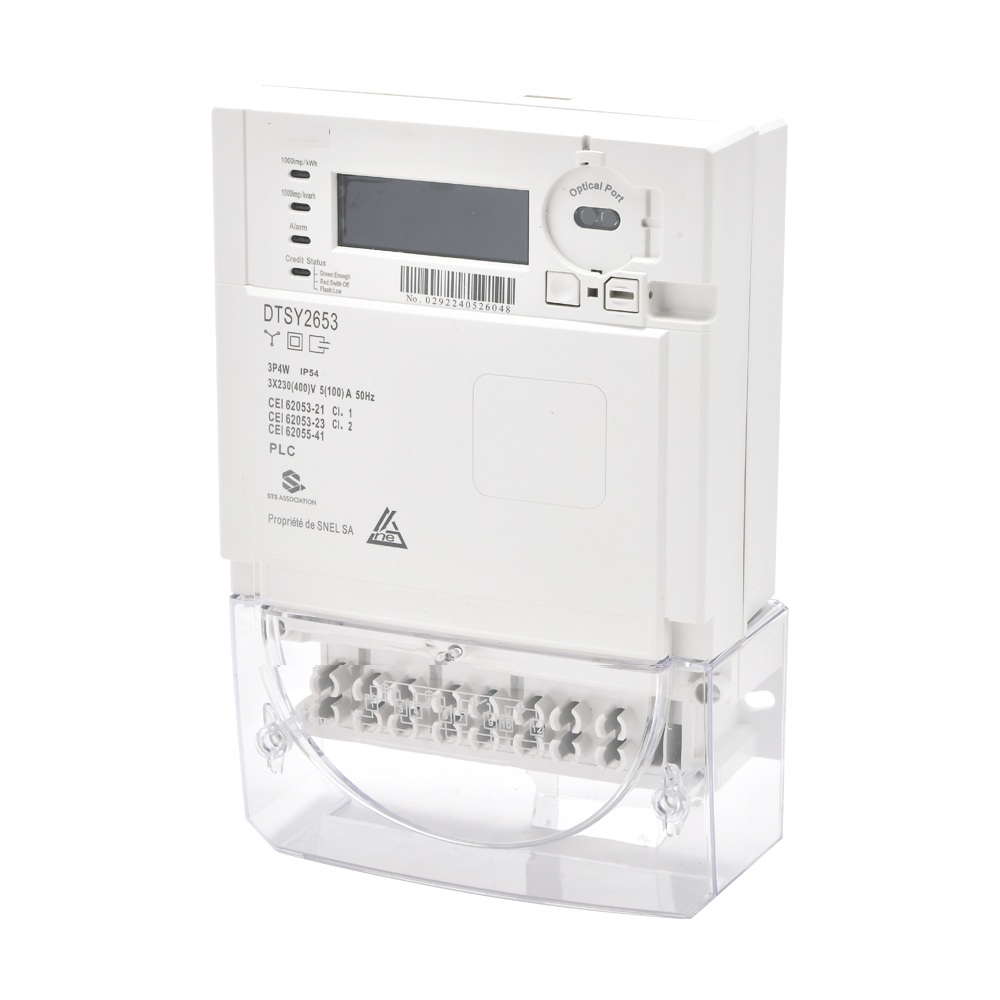What are the benefits of using prepaid electricity meters for landlords?
Publish Time: Author: Site Editor Visit: 774
Cost management aspect
Avoiding the risk of arrears: Under the traditional postpaid meter model, tenants may default on electricity bills for various reasons, causing economic losses to landlords. Prepaid electricity meters require tenants to recharge before using electricity. When the account balance is insufficient, it will automatically cut off power to ensure that landlords will not bear additional costs due to tenants' arrears. For example, if a landlord rents out a house to a tenant who suddenly leaves due to a job change and has not paid the electricity bill, and uses a traditional electricity meter, the landlord needs to pay the outstanding fees on their own; But if a prepaid electricity meter is installed, this situation can be avoided.
Simplified fee settlement: Landlords do not need to check monthly electricity bills with tenants, nor do they need to collect and pay electricity bills on their behalf, reducing disputes caused by incorrect fee calculations or poor communication. Tenants can recharge their own electricity bills at a glance, and landlords only need to regularly check the balance of their electricity meters or system records.
Improve the speed of fund withdrawal: Tenants can recharge their electricity bills in advance, allowing landlords to receive funds faster and improve their cash flow situation. This is particularly important for landlords who rely on rental income to maintain operations, as it helps them better plan the use of funds.
Tenant relationship maintenance aspect
Reduce cost disputes: Prepaid electricity meters clearly record tenants' electricity consumption and recharge status, avoiding tenant doubts and disputes caused by opaque electricity calculation. Tenants can freely recharge according to their own electricity needs, providing a more intuitive understanding of their electricity costs.
Enhancing tenant autonomy: Tenants can independently control their electricity consumption and recharge amount based on their living habits and economic situation, improving their autonomy and satisfaction with electricity consumption. For example, tenants can choose to recharge less or not when traveling or going out for a long time to avoid unnecessary electricity expenses.
In terms of housing operation and management
Reduce management costs: Landlords do not need to arrange dedicated personnel to be responsible for electricity bill collection



